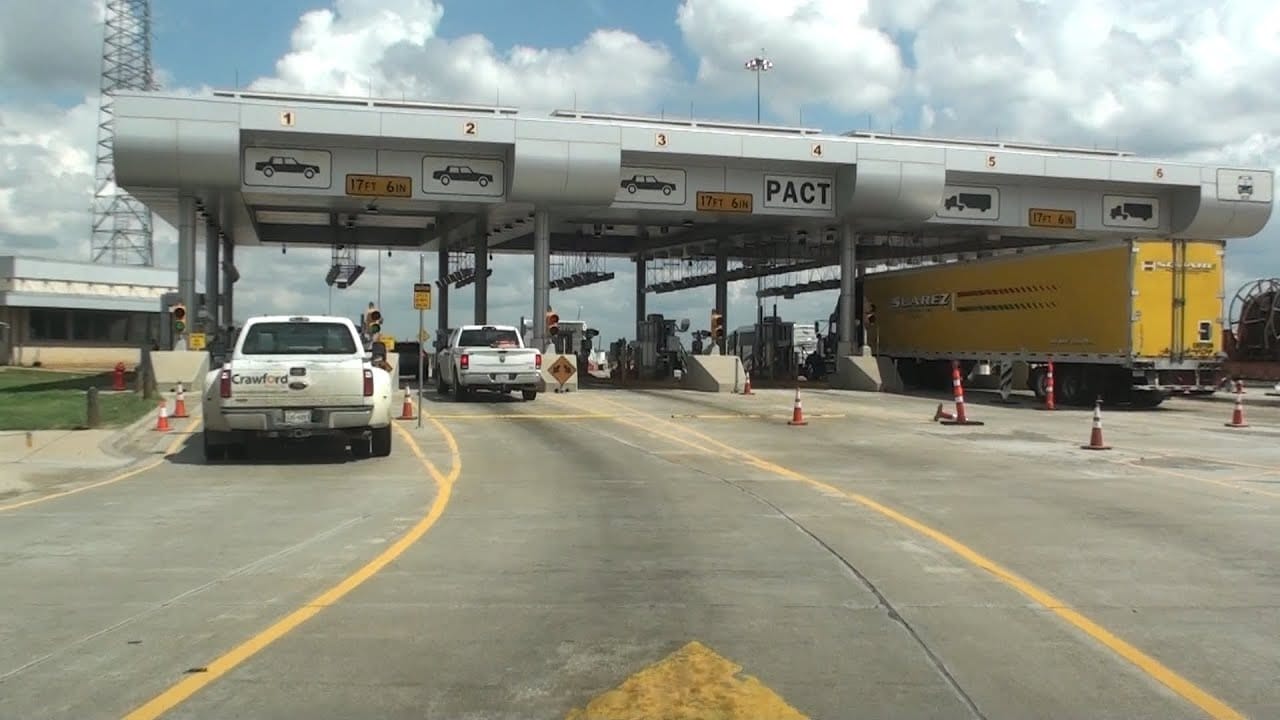The intricacies of one of the most volatile conflicts in the Middle East deepened this week as Hamas announced a delay in issuing the names of hostages slated for release. The move has reportedly been attributed to accusations that Israel failed to meet key humanitarian obligations, an issue hotly contested by both sides amidst a fragile and hard-fought truce.
The delay has added a new layer of complexity to the ongoing negotiations between the two parties, which have been trying to navigate a series of prisoner and hostage exchanges while maintaining a tenuous ceasefire. Observers note that while moments of progress have emerged in recent weeks, they have often been offset by disputes over terms and implementation, with accusations and counter-accusations dominating public discourse.
Hamas, the political and armed group that controls the Gaza Strip, had previously agreed to provide a list of hostages in its custody to Israeli authorities. This was expected as a precursor to a broader agreement involving the release of Palestinian prisoners held by Israel. However, the process came to a halt amid claims by Hamas leaders that Israel has failed to uphold previously agreed humanitarian protocols, including facilitating the entry of much-needed aid into the Gaza region.
According to statements from Hamas officials, the delay in disclosing hostage names is directly tied to this perceived breach. Pointing to what they described as “deliberate obstruction” by Israel, the group accused the Israeli government of intentionally hindering the movement of hundreds of trucks carrying essential humanitarian supplies into Gaza—actions they say directly impact civilians already grappling with the dire consequences of ongoing military tensions.
The humanitarian situation in Gaza remains critical, with international aid organizations urging all stakeholders to prioritize the safe and timely delivery of assistance to affected populations. Reports indicate that hospitals and shelters in Gaza have been operating beyond capacity, compounded by shortages of medical supplies, food, and basic amenities due to border closures and supply chain disruptions.
Israeli officials, meanwhile, have denied allegations of obstructing aid and accused Hamas of leveraging humanitarian concerns as a bargaining tool. Government spokespersons have highlighted their own security concerns, stating that aid trucks are subjected to rigorous inspections to ensure that no weapons or materials supporting militant activities are smuggled through.
The stakes of the current disagreement extend beyond humanitarian considerations. Analysts point out that the delay in the hostage negotiations has significant implications for public perception and political stability on both sides. In Israel, where families of hostages have organized media campaigns and public demonstrations to demand swift government action, the tempo of these negotiations is closely watched.
In Gaza, the situation is equally fraught, with any perceived failures risking internal discontent and eroding Hamas’ ability to present itself as a defender of Palestinian rights. The group has publicly framed its strategy on the hostage issue as an extension of its long-term resistance against Israeli policies, a message that resonates with its core supporters but risks alienating broader international audiences who are calling for a de-escalation of hostilities.
In recent months, intermittent agreements have enabled the release of small groups of hostages and prisoners by both sides, drawing applause from mediators but failing to build enduring momentum toward a comprehensive resolution. The delicate balance established during these exchanges underscores the fragility of the broader ceasefire arrangement.
As the situation evolves, the international community continues to play a key role, both in terms of delivering on-the-ground humanitarian aid and mediating behind closed doors. Egypt and Qatar are among the governments actively brokering talks, while the United Nations and International Committee of the Red Cross have emphasized the importance of adhering to international norms governing the treatment of prisoners and humanitarian access.
The absence of a clear timeline for releasing hostages remains one of the most pressing obstacles to restoring trust in the negotiation process. While both sides assert their commitment to protecting civilian lives, the lack of substantive action risks further eroding public confidence in diplomacy.
For many observers, the unfolding events illustrate the broader challenges that have persistently plagued Israeli-Palestinian relations: deep-seated mistrust, conflicting narratives, and the struggle to balance strategic interests with humanitarian imperatives.
Efforts to conclude the current stalemate continue, with diplomatic sources suggesting renewed dialogue in the coming days. However, the path forward remains uncertain, with both parties clinging to divergent interpretations of responsibility and adherence to international obligations.
Whether a breakthrough can be achieved in the near term will hinge on the ability of negotiators to reconcile competing priorities while addressing the urgent needs of those caught in the crossfire of the conflict. Until then, the delay in naming hostages serves as a stark reminder of the complex, multifaceted dynamics shaping the region’s longest-standing conflict.


